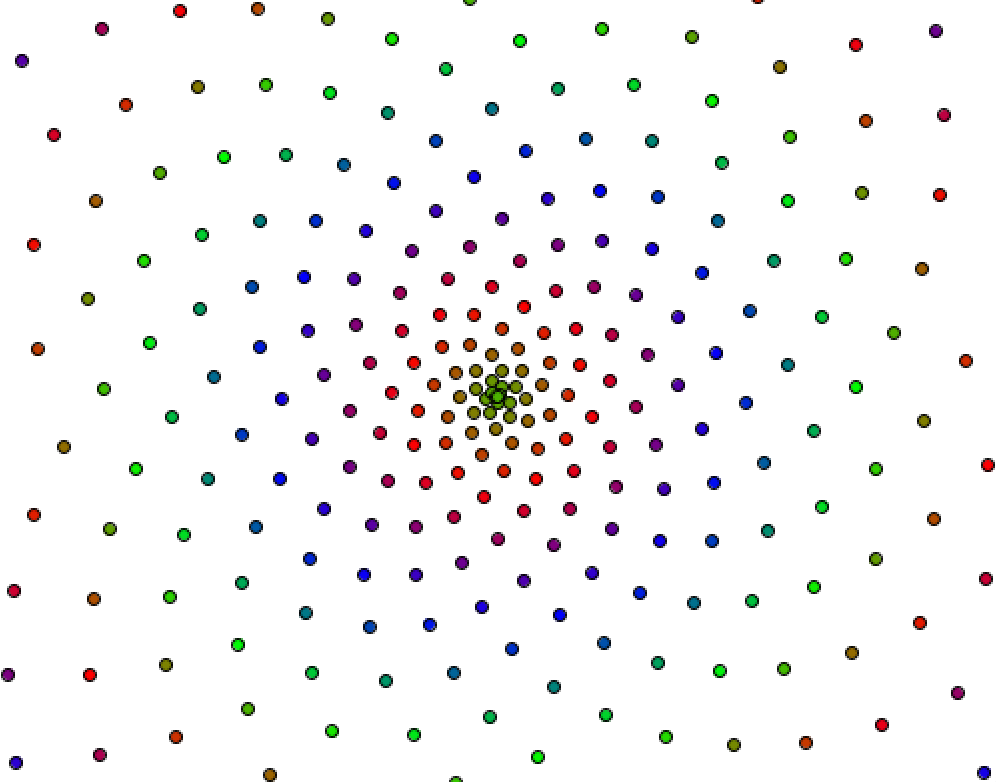HelloRandom
//
// HelloRandom.java
//
public class HelloRandom
{
public static void main(String[] args)
{
// Math.random() returns a double in [0,1)
System.out.println("Random doubles in [0,1):");
for (int i=0; i<5; i++)
{
double value = Math.random();
System.out.println(value);
}
// Multiplying by a value expands the range
System.out.println();
System.out.println("Random doubles in [0,10):");
for (int i=0; i<5; i++)
{
double value = Math.random() * 10;
System.out.println(value);
}
// Adding a value translates the range
System.out.println();
System.out.println("Random doubles in [200,210):");
for (int i=0; i<5; i++)
{
double value = Math.random() * 10 + 200;
System.out.println(value);
}
// Casting to int gives the integer portion of the floating
// point number (drops everything past the decimal point).
System.out.println();
System.out.println("Random integers in [0,100):");
for (int i=0; i<5; i++)
{
int value = (int)(Math.random() * 100);
System.out.println(value);
}
}
}
Output:
Random doubles in [0,1):
0.8186143666640282
0.4389605083163295
0.1750325751627958
0.5433945836804098
0.5790140523552096
Random doubles in [0,10):
0.4163809177025146
0.18159936442059377
6.535494182095277
7.216349467602658
8.613701994256411
Random doubles in [200,210):
206.33350028147797
200.2545039084071
206.37556902538873
205.21640654193277
201.21432577676808
Random integers in [0,100):
30
93
31
62
91
